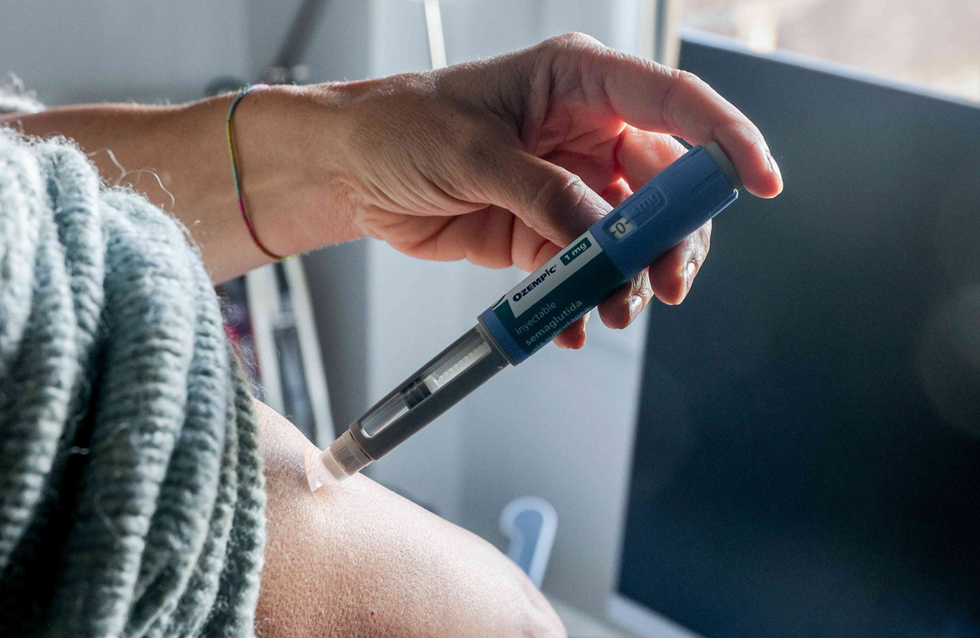
Patients taking GLP-1 drugs like Ozempic and Zepbound could be at risk for respiratory complications during surgery
The agency’s Pharmacovigilance Risk Assessment Committee (PRAC) recommended new measures to lower the risk of respiratory complications during surgery for patients taking GLP-1 treatments.
GLP-1 drugs are a class of diabetes and weight loss drugs that mimics a hormone that regulates blood sugar and suppresses appetite. The market for these medication is led by Novo Nordisk, which makes Ozempic and Wegovy, and Eli Lilly, the producer of Mounjaro and Zepbound.
The committee said that patients on these drugs are at risk of aspiration and pneumonia aspiration — which occurs when food or liquids are accidentally inhaled instead of being swallowed through the esophagus — while their under anesthesia and deep sedation. These conditions also happen when stomach contents travel back to the throat.
According to the PRAC, aspiration and pneumonia aspiration complicate between one in 900 to one in 10,000 general anesthesia procedures.
GLP-1 delay the emptying of the stomach, so even if a patient fasts the night before the surgery there could still be food in their stomachs at the time of their operation. The PRAC says this poses “biologically plausible increased risk for aspiration.”
However, the commission said it was not able to find a causal link between GLP-1 drugs and aspiration.
Still, the regulator is recommending health care professional take into account the effects of GLP-1 medications when combined with anesthesia.
The commission will also said that the product information for these drugs will be updated to include a warning of this risk.
Morgan Stanley analysts anticipate the global market for these drugs will reach $105 billion by 2030, up from a previous projection of $77 billion. The investment bank also expects the adoption of these drugs to reach about 31.5 million people in the U.S., about 9% of the nation’s population, by 2035.